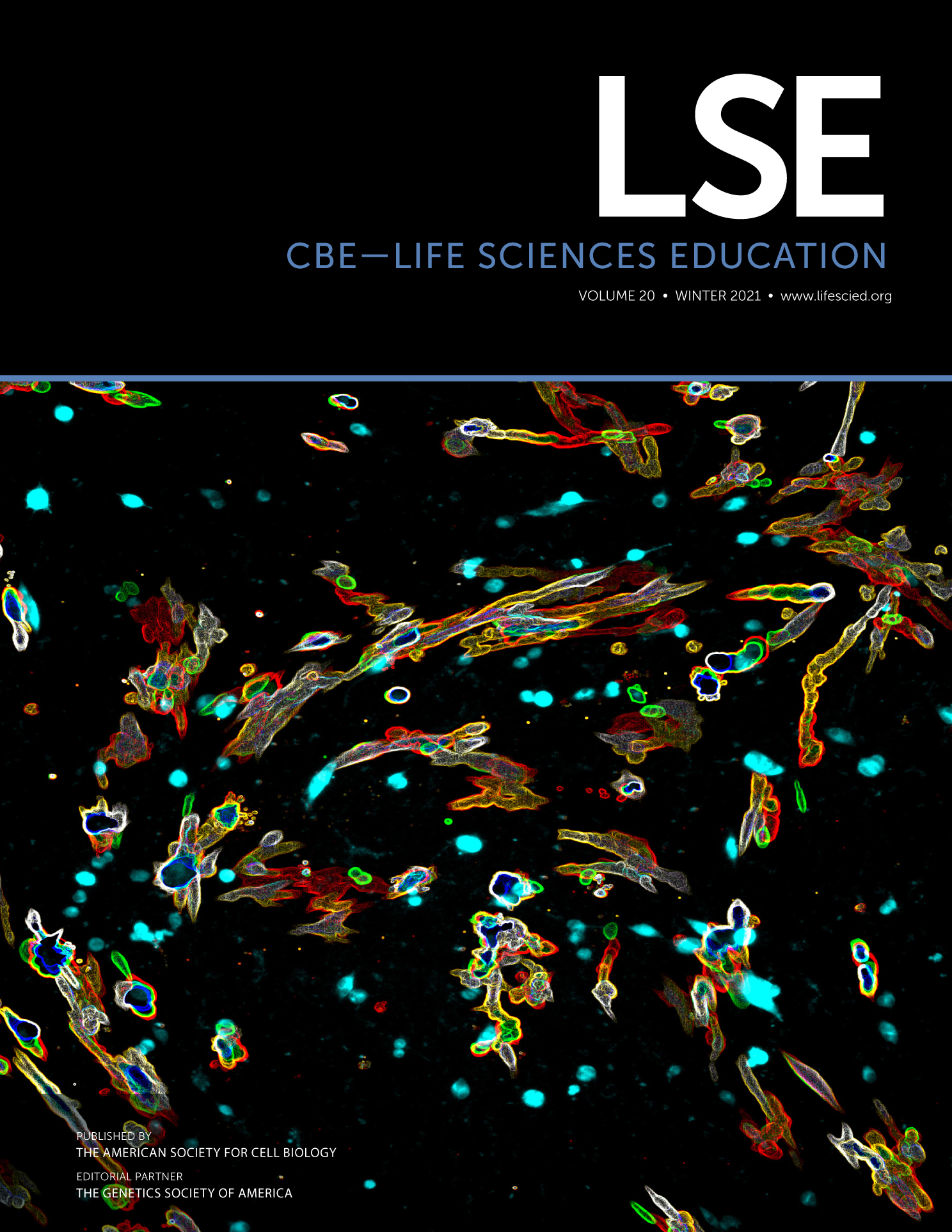To Cope or Not to Cope? Characterizing Biology Graduate Teaching Assistant (GTA) Coping with Teaching and Research Anxieties
Abstract
Recent evidence suggests a mental health crisis among graduate students, particularly with regard to anxiety. To manage anxieties, graduate students can employ coping strategies. Coping is an individual’s response(s) to external stressors, often with the goal of reducing or tolerating the stress; these strategies are generally considered adaptive or maladaptive. Adaptive coping strategies advance individuals through problems, while maladaptive strategies prevent stressors from being resolved. We previously identified differences between teaching and research anxieties in a sample of biology graduate teaching assistants (GTAs). This study investigated whether coping with these anxieties differed in this population as well. We interviewed 23 biology GTAs twice over one year. Interview data were qualitatively analyzed using Skinner and colleagues’ major coping families as categories. Biology GTAs most often used adaptive coping strategies, such as problem solving and information seeking, to manage both teaching and research anxieties. However, other coping strategies were preferentially employed for either teaching or research, suggesting differences in these aspects of graduate student life. Over one year, GTAs reduced the number of coping strategies they employed. Understanding how GTAs cope with teaching and research anxieties may inform the types of support faculty and professional development leaders can provide to graduate students.



